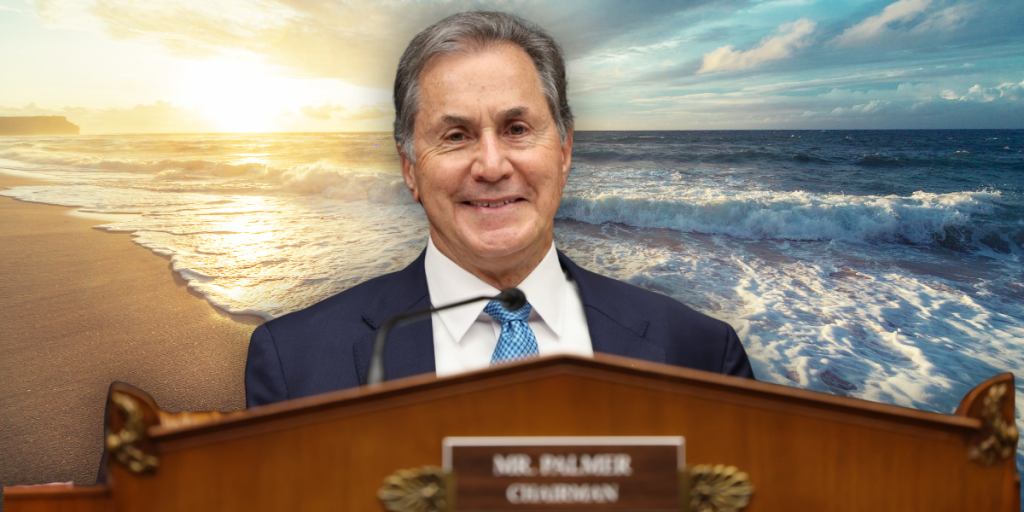
WASHINGTON, D.C. — After ending last week mired in controversy, the Supreme Court continued its string of landmark decisions on Monday by striking down the Obama Administration’s air-quality rules issued through the Environmental Protection Agency.
The case, Michigan v. EPA, challenged the EPA’s interpretation of the Clean Air Act which the bureaucratic agency believed gave it the authority to create restrictions on mercury and air toxics (MATS) regardless of the costs of compliance.
Ruling against the EPA 5-4, the justices held that the Clean Air Act requires the agency to factor in the costs that regulations will have on businesses.
The EPA estimated its rule, which took effect for some plants in April, would cost $9.6 billion and that cost served as a major factor in the court’s decision. At least one analysis, however, shows the costs could have been as much as 3 or 4 times that much.
Writing for the majority, Justice Antonin Scalia held that the EPA “unreasonably” interpreted the Clean Air Act when it decided not to consider industry compliance costs and whether regulating the pollutants is “appropriate and necessary.”
“While the agency is afforded a certain level of power to interpret the law,” the court wrote, “EPA strayed well beyond the bounds of reasonable interpretation in concluding that cost is not a factor relevant to the appropriateness of regulating power plants.”
“‘Appropriate and necessary’ is a capacious phrase. Read naturally against the backdrop of established administrative law, this phrase plainly encompasses cost. It is not rational, never mind ‘appropriate,’ to impose billions of dollars in economic costs in return for a few dollars in health or environmental benefits. Statutory context support’s this reading.”
Chief Justice John Roberts and Justices Clarence Thomas, Samuel Alito, and Anthony Kennedy joined Scalia in his majority opinion overturning the rule, while Justices Elena Kagan, Sonia Sotomayor, Stephen Breyer, and Ruth Bader Ginsburg sided with the Obama Administration.
The EPA has been a target of political animosity, particularly from Alabama’s congressional delegation. Rep. Gary Palmer (R-AL6), raked an EPA official over the coals back in February not only for the agency’s strict standards, but its “police-state” tactics.
“It is the intention of the EPA, and I think this administration, to eliminate fossil fuel, to shut down the coal industry. They’ve been fairly transparent about it,” Palmer said. “Their plans are to have you at 80 percent renewables in the next two or three decades, and our electric grid is not designed for that. There’s a study out of Cal Tech that indicates it would cost $1 trillion to update our grid so that it can do that.”
“When deciding whether or not to propose new regulations, the first step should always be determining whether the benefits outweigh the costs,” Palmer said in a press release following the decision. “The EPA’s decision to move forward without considering the impact on individuals and the economy was ill-advised and I am pleased the Supreme Court recognized that.
“This Administration has been open about the fact that they want to put the coal industry out of business, regardless of what reasonable standards they may meet. This case is a blow to those efforts. I will continue to work in Congress to rein in the EPA when they overreach on environmental policy.”
Senator Jeff Sessions (R-AL) has been no quiet critic of the administrative body’s efforts, either. During a committee hearing back in March, Sessions said to an EPA official, ““When we go to our states, the group we have the most complaints about from our constituents—whether it’s highway people, whether it’s farmers, whether it’s energy people—is the Environmental Protection Agency. It’s an [agency of] extraordinary overreach.”
While praising the decision handed down Monday, Senator Richard Shelby (R-AL) echoed the concern of his colleagues about the broader implications of the EPA’s increasing power.
“The Supreme Court’s ruling rightly pointed out that the Obama Administration’s EPA failed to weigh the costs of its regulation on the economy and job creation,” Shelby told Yellowhammer. “The EPA’s blatant disregard of the impact that its policymaking would have on the American people underscores the need to rein in this out-of-control agency.”
Attorney General Luther Strange (R-AL), who led the state’s lawsuit against the EPA said the “decision deals a major setback to the EPA’s overreach agenda and should send a signal to the agency that it cannot continue to end run the law in pursuit of a radical political agenda.”
Since the court’s ruling only concerns the cost-benefit analysis, the EPA can try writing the rule again if it considers costs.











